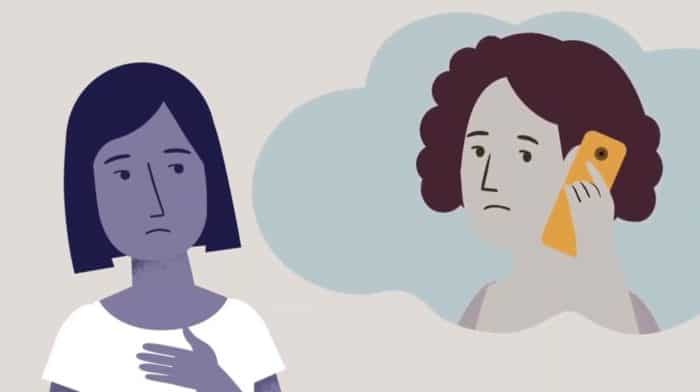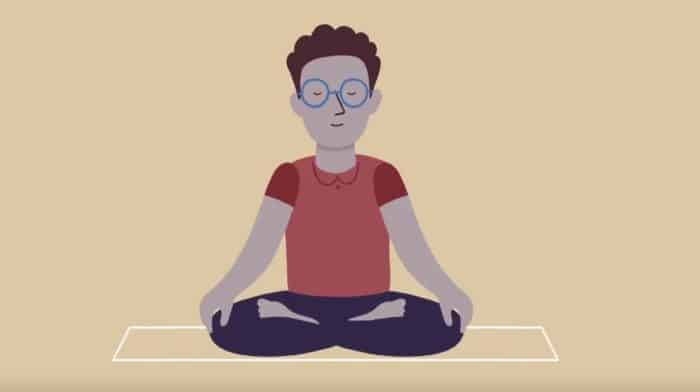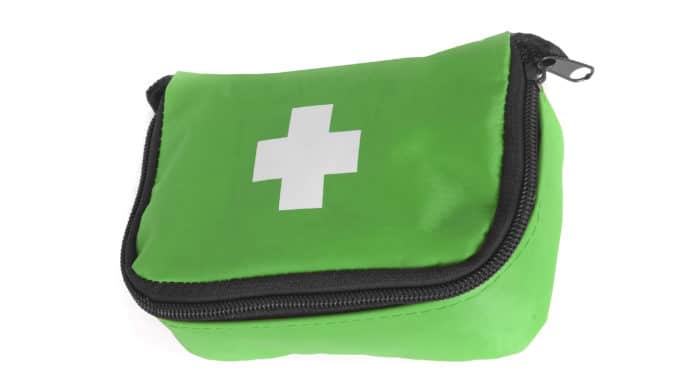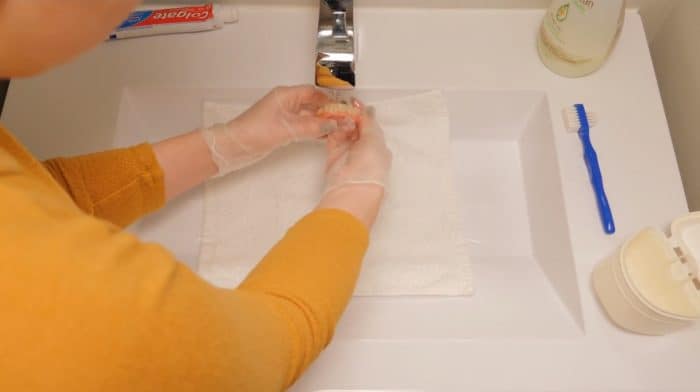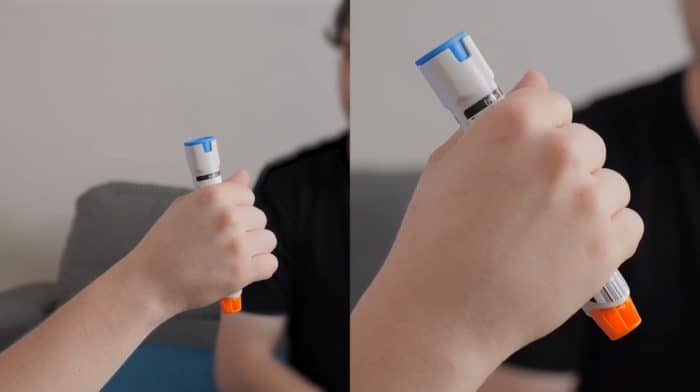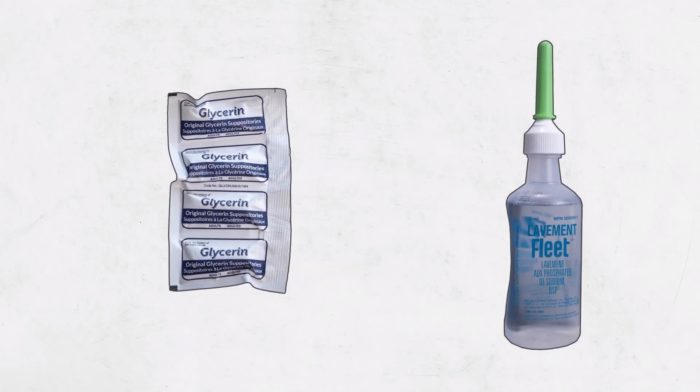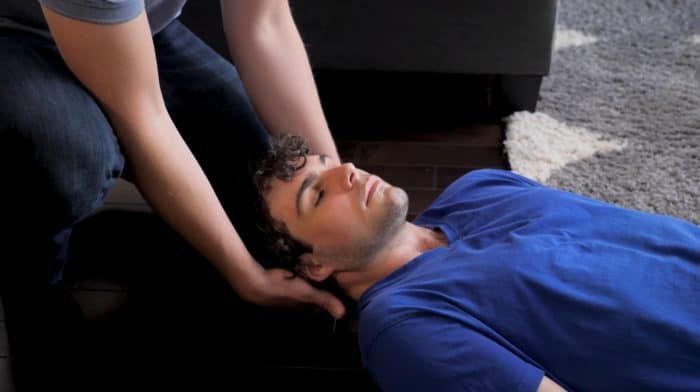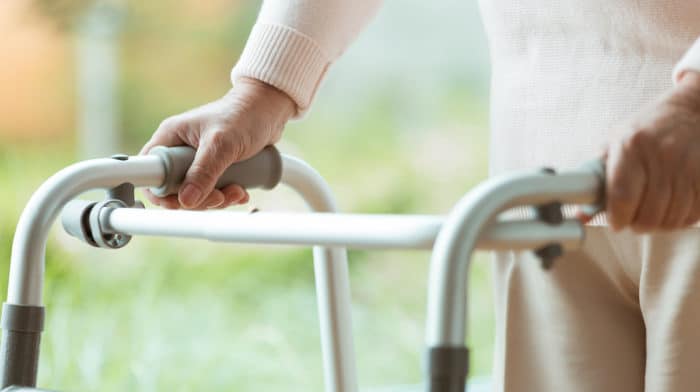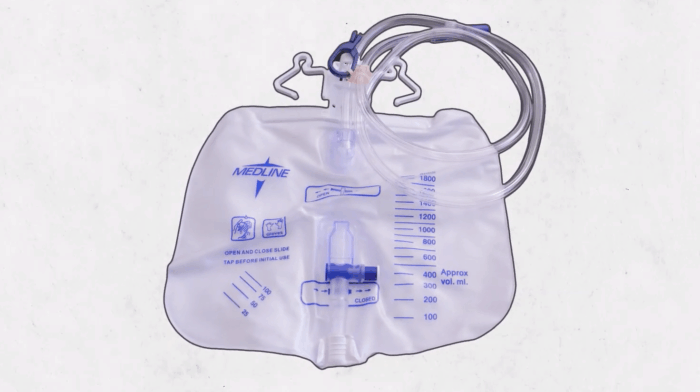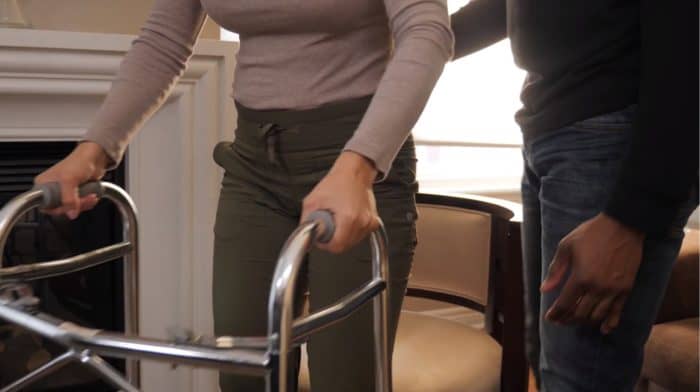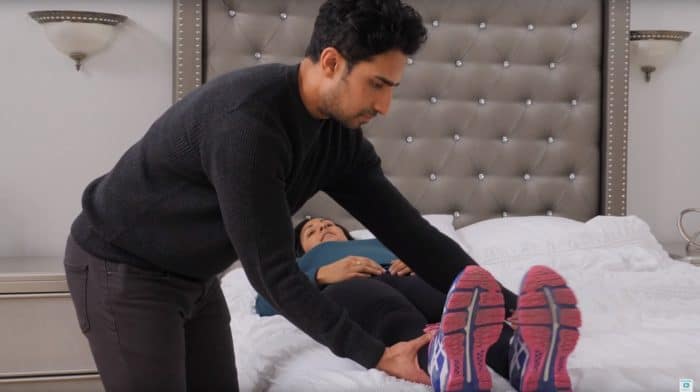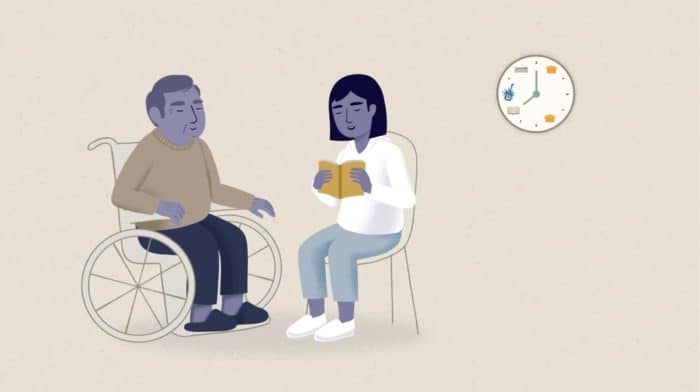Resource Library
Search:
Transition from Hospital to Home Checklist
Having the answers to these questions will help both you and the person you are caring for in the transition from Hospital to Home. It may be helpful to bring a note book so you can jot down the answers.
How To Use a Communication Board
When people are hard of hearing, sometimes it’s easier to use a Communication Board. An example is shown below & the full size copy is on the next page. Feel free to print & use ours or create your own!
Yoga for Diabetes
Yoga can improve strength, flexibility and balance, it can also help maintain your blood sugar level. The two most popular yoga styles that you can explore for diabetes are Vinyasa yoga or Bikram yoga.
When and how to ask for help
Finding a balance between your daily life and your caregiving role can be tricky. Your duties as a caregiver can change from day to day, and it might start to get overwhelming. It’s important to know when and how to ask for help. In this video we’ll give you some tips on how to ask for help, even if you don’t want to do it.
Understanding Alternative Medicine and Therapies
If the person you’re caring for is struggling with symptoms from a chronic condition like diabetes or arthritis, using alternative medicine may help. In this video we’ll explain what this type of medicine is, and explore how it may or may not help you in your caregiving situation.
15 Ways to Reduce Stress
Stress and anxiety are common experiences for most people. Learn 15 ways to reduce stress.
How to Get Over Help Hurdle
What do you do when a person that you are trying to help, doesn't want or accept it?
How to Deal with Worry
As a caregiver, you are no stranger to the feeling of worry. It’s tough, especially when it's about something you have no control over or can’t change.
How to Prevent Bed Sores
If the person you’re caring for spends a lot of time laying or sitting they are at higher risk of getting bedsore, which is also called a pressure ulcer.
How to Help Someone With a Speech or Hearing Impairment
If you’re a caregiver, clear communication is a key part of the relationship between you and the person you’re caring for. However, if they’re living with a hearing or speech impairment, communicating effectively can sometimes be a challenge.
Understanding Medicinal Cannabis and Its Uses
Since cannabis was legalized in Canada for both recreational and medicinal purposes, you might be wondering if cannabis could help the person you’re caring for. In addition to recreational use, cannabis, also known as marijuana, is being used by many Canadians to help to improve symptoms of their medical conditions.
Emergency Home Preparedness Checklist
Follow this checklist to create a plan to prepare for a potential home emergency such as a flood or medical issue.
How to Spot & Manage Sundowning
If you’re caring for someone with dementia, you may have noticed that near the end of the day they sometimes feel confused, restless, or agitated. This behavior, known as sundowning, can be a scary experience for the person you’re caring for, and might also cause you to feel overwhelmed as their caregiver.
How to Manage Awkward Tasks
As a caregiver, the person you’re caring for may need you to help them with their personal care and, sometimes, you may have to do some unpleasant tasks that you thought were only done by nurses, doctors or other health care professionals.
What to Do if Someone’s Choking
Though choking incidents drop significantly in the adult age category, anyone can still choke. If the person you’re caring for starts to choke, do you know what to do?
How to Help with Range of Motion Exercises
Exercise can help you stay fit and healthy, but after an injury or illness, the person you’re caring for may have a hard time with a normal exercise plan.
How to Care For Someone’s Dentures
If the person you’re caring for wears false teeth, you may need to help them take care of their dentures. Dentures require special care to keep them clean, free from damage and fitting well.
How to Help with Oxygen Therapy
If the person that you're caring for needs oxygen therapy, you may need to help them with it.
How To Deal With A Severe Allergic Reaction
If the person that you’re caring for has an allergy, it’s important to know how to deal with a severe allergic reaction.
How To Give A Suppository Or Enema
If the person you’re caring for has trouble having a bowel movement, they may need some extra help with medications like a suppository or an enema, and they may need your help with it.
What to do if Someone Is Having a Seizure
If the person you’re caring for has a seizure, it can be distressing to see, but there’s no need to panic.
Advance Care Planning in Ontario
If you need medical treatment, the health care professionals that see you, need to have your consent. If you couldn’t speak for yourself, who would you want to speak for you?
Proper Disposal of Home Health Care Waste
Follow these tips to make sure you're properly disposing of medical waste like colostomy bags & catheters.
Handling Needles & How to Relieve Anxiety Around Needles
Learn how to safely handle needles and how to calm the person in your care as they receive a needle.
Falls Prevention Checklist
Follow this helpful checklist both inside and outside the home to help prevent dangerous falls.
Guide to Maintaining a Catheter
Find tips on how to make sure a catheter is working correctly for the person in your care.
Nutrition and Diet Tips for High Blood Pressure
Learn the basics of a high blood pressure diet. These tips can help the person you care for successfully manage their condition.
How To Give a Needle or Injection
Needles are never fun, but giving a needle might be added to the list of tasks you’ll need to do as a caregiver. Learn how to do so safely!
How To Manage Wound Care At Home
The person you are caring for may have wounds that require care at home. These wounds may be due to surgery or pressure damage, or the consequence of long-standing chronic conditions.
How To Empty and Change an Ostomy Bag
Ostomy is a surgically created opening through which stool or urine exit the body. A person may be required to have an ostomy bag. Emptying this bag is a fairly simple process but can also be overwhelming.
How To Help Move Someone Around in Bed
When the person you’re caring for has to stay in bed for long periods of time, you may have to give them personal care in bed. Moving someone around in bed can be tiring and you might be afraid of hurting yourself or the person you’re caring for.
How To Assist Someone With a Walker
If someone has had a fall, surgery or has become unsteady on their feet for any reason, using a walker can help prevent falls and provide support.
How To Assist Someone With a Cane
As a caregiver, and like the majority of us, you are up and down countless times in a day without giving it much thought. However, this task may be difficult for the person you’re caring for. If the person you’re caring for has an injury or becomes unsteady on their feet they may need to use a cane, you want to make sure they’re safe.
How to Transfer Someone From Bed To Chair
Sometimes the person you’re caring for will need help getting out of bed because of pain, surgery or difficulty moving. You may be worried that they’ll fall if they try it alone or you might be afraid to injure yourself.
How To Assist with Eating and Drinking
If the person you are caring for is unable to eat because of physical restrictions or they have difficulty swallowing.
How To Change Sheets
Of course, changing bed linens when nobody is in the bed is easy, but changing an occupied bed is a little different but at the same time almost just as easy if you know-how.
How To Help Someone With Vision Loss
If the person you’re caring for has recently experienced vision loss, you may be worried about how this change will impact your caregiving. Aside from the obvious physical effects, visual impairment can take an emotional toll as well. It’s important that you help the person you’re caring for feel as comfortable as possible during this stressful time.
Young caregiver
Taking care of a family member isn’t easy, especially if you’re a young caregiver. It’s a lot of responsibility, and you can start to feel like your life isn’t yours anymore. But caregiving is important, and your help makes a big difference.
Proper Disposal of Sharps
Learn the proper way to dispose of sharps like needles, injection pens, and syringes so that you (and others) don't get hurt.
How To Assist Someone Using Crutches
If the person you’re caring for hurts their leg or foot and can’t put weight on it, or they just need some extra stability when walking, they might need to use crutches.





